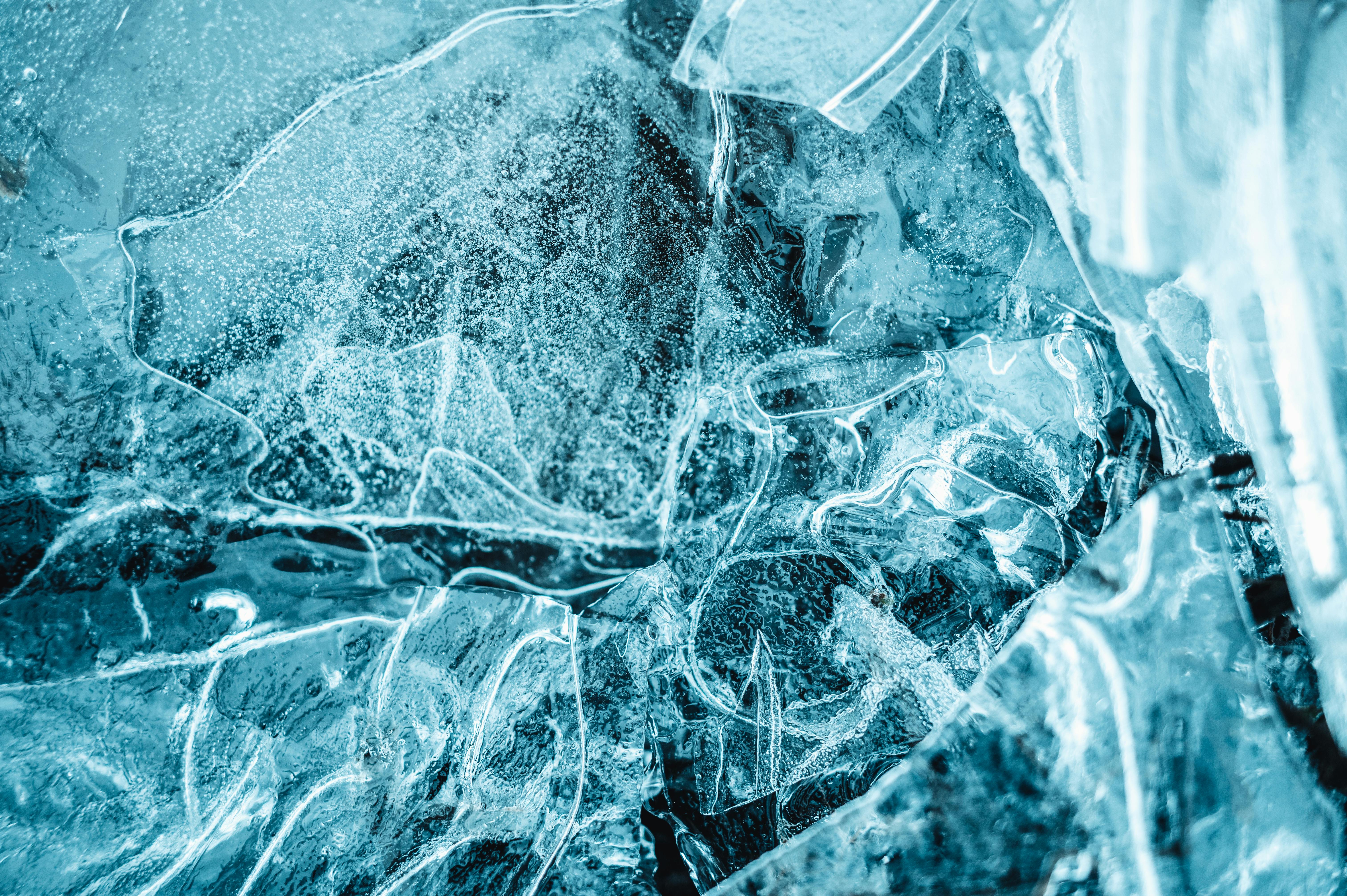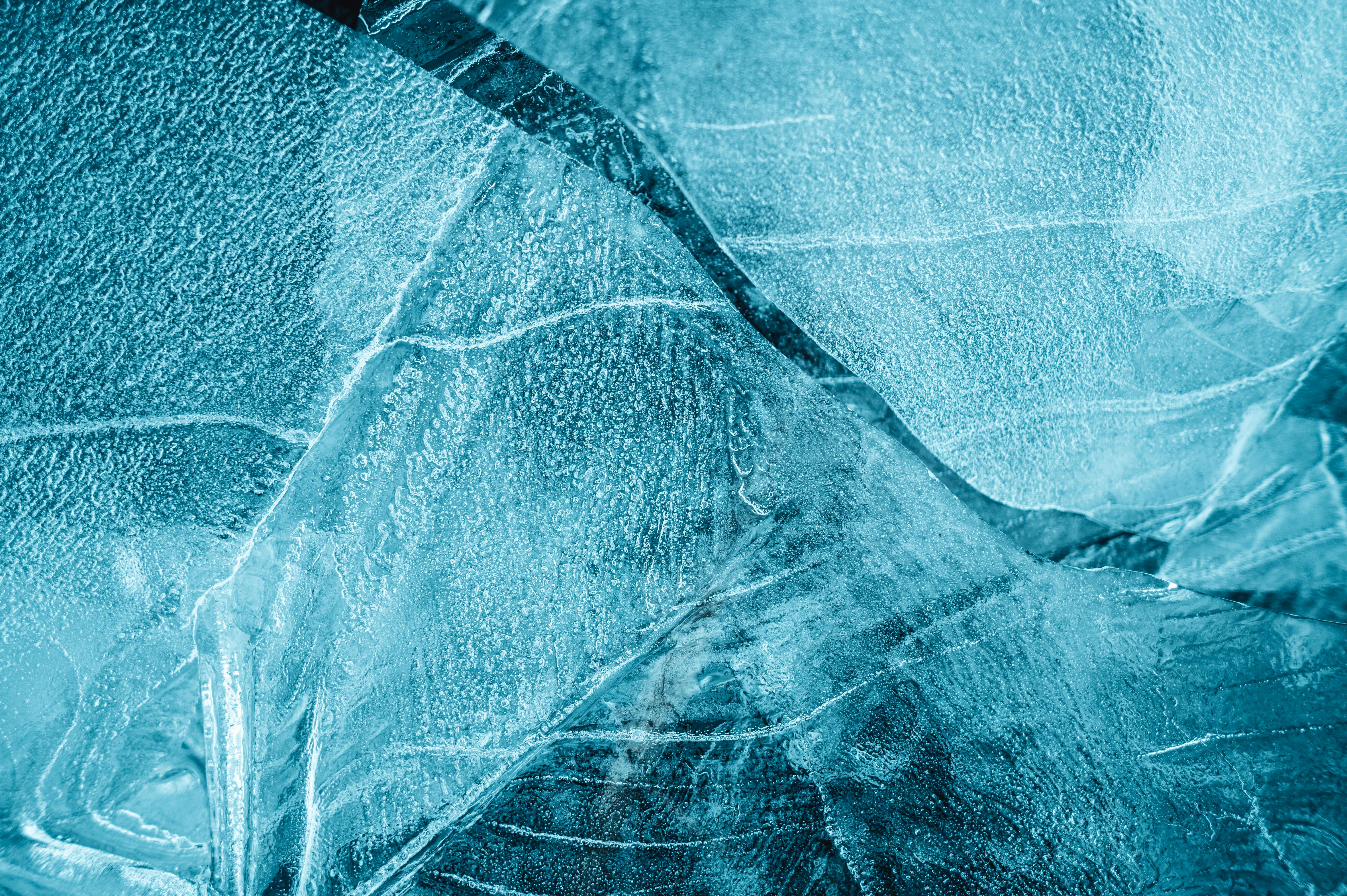Chewing ice is an extremely common habit, but it can be very damaging to your teeth. Chewing on hard objects such as ice can cause tooth enamel erosion, which can lead to cavities and sensitivity. In this article, we will discuss the potential dangers of chewing on ice and what you can do to protect your teeth.Yes, chewing ice is bad for your teeth. Ice is hard and can damage the enamel on your teeth, which can lead to tooth sensitivity or even cracks and chips. Additionally, when you chew on ice, it can cause the tiny surface cracks in your teeth to expand and worsen, leading to further damage.
What are the Effects of Chewing Ice on Teeth?
Chewing ice can have a variety of harmful effects on your teeth. The most immediate effect is the possibility of chipping or cracking a tooth, especially if you have any pre-existing dental work or weak areas in your teeth. The coldness of the ice can cause sensitivity in your teeth, and the hard texture of the ice can wear away at enamel and cause cavities over time. Chewing ice also puts pressure on the gums and jaw muscles, which can lead to soreness and pain. Additionally, it may also increase your risk of developing temporomandibular joint disorder (TMJ) due to repeated stress on the muscles around your jaw.
Although chewing ice may seem like an innocuous habit, it can have lasting effects on your oral health when done regularly. If you find yourself frequently chewing ice, consider talking to your dentist about strategies for breaking this habit or ways to reduce its impact on your teeth and mouth.
Risks of Chewing Ice
Chewing ice may seem like a harmless habit, but it can actually pose some risks to your health. Ice chewers may be at risk of damaging their teeth, developing an iron deficiency, and even choking on the ice.
Tooth Damage
Chewing hard objects such as ice can damage the enamel of the teeth, making them more prone to decay and cavities. The cold temperature of the ice can also lead to an increase in sensitivity. If you have braces or other dental work, chewing on ice can cause further damage and should be avoided.
Iron Deficiency
Chewing ice has been associated with a condition called pica, which is characterized by cravings for non-food items such as dirt or paper. One of the most common forms of pica is called pagophagia, which is a craving for ice. This condition has been linked to iron deficiency, so if you find yourself frequently craving and chewing on ice it may be time to get your blood tested for iron levels.
Choking Hazard
Finally, chewing on large chunks of ice can pose a choking hazard. If the chunks are too big they can become stuck in your throat and cause difficulty breathing or even suffocation. To avoid this risk, make sure that any pieces you are chewing are small enough that they will not become lodged in your throat if swallowed.
In summary, chewing on ice may seem like an innocent habit but it can actually lead to serious health risks such as tooth damage, iron deficiency, and choking hazards. If you find yourself frequently craving and chewing on ice it is important to speak with your doctor about possible underlying causes or risks.
Are There Any Benefits to Chewing Ice?
Chewing ice is a common habit for many people, but do you ever wonder if there are any benefits to it? While it’s not advisable to chew ice regularly as it can damage your teeth, there are some potential benefits that come with this habit.
For starters, chewing ice can help to freshen up your breath. Chewing on ice cubes can help dislodge food particles that may be stuck in between your teeth and cause bad breath. Additionally, the cold temperature of the ice can help reduce inflammation in the mouth and make your breath smell better.
Chewing on ice can also help with digestion. The cold temperature of the ice cubes can help stimulate saliva production which helps break down food more quickly and aids in digestion. In addition, chewing on ice may help to reduce acid reflux by decreasing the amount of stomach acid that comes up into the esophagus.
Finally, chewing on ice may even provide some mental health benefits as well. For some people, chewing on an icy cube of water or other frozen items can provide a calming effect that helps to reduce anxiety and stress levels. Additionally, it can serve as a distraction from negative thoughts or feelings and allow them to focus on something else instead.
Overall, while chewing on ice is not recommended due to the potential damage it could cause to your teeth, there are still some potential benefits associated with this habit. Chewing on an icy cube can help freshen up your breath, aid in digestion, and even provide mental health benefits such as reducing stress and anxiety levels.
Chewing Ice Affect Your Teeth
Chewing ice can have a negative effect on your teeth. When you chew on hard objects like ice, it can cause the enamel on your teeth to wear down. This can make your teeth more sensitive and prone to developing cavities. In some cases, chewing ice can even cause chips and fractures in the enamel, which can lead to further damage and require costly repairs. Additionally, if you have any existing dental work such as fillings or crowns, chewing ice may loosen them or cause them to break.
It is best to avoid chewing on hard objects such as ice as much as possible in order to protect your teeth from damage. If you must chew on something, opt for sugar-free gum or other softer foods that will not damage your teeth. Additionally, be sure to brush and floss regularly in order to keep your teeth healthy and strong.

Preventing Damage from Chewing Ice
Chewing ice is a common habit that can cause serious damage to teeth. Ice is much harder than regular food, and can easily crack or chip teeth. It can also irritate the gums, leading to soreness and inflammation. To prevent damage from chewing ice, it is important to be aware of the risks and take steps to protect your teeth and gums.
First and foremost, it is important to stop chewing ice. If you are in the habit of chewing ice, try substituting other crunchy snacks such as carrot sticks or celery instead. This will satisfy the craving for something cold and crunchy without causing harm to your teeth.
If you cannot resist the urge to chew ice, try using a straw when drinking cold beverages. This will help keep the ice away from your teeth, reducing the chances of damage. Additionally, if you do end up chewing on an occasional piece of ice, make sure it is small enough that it won’t cause any harm if it does get stuck between your teeth.
Finally, regular dental checkups can help catch any problems before they become more serious. Your dentist can monitor your teeth for signs of damage caused by chewing ice and recommend treatments if necessary. Regular brushing and flossing are also important for keeping your mouth healthy and preventing damage from chewing ice or any other activity that may put your oral health at risk.
Taking these simple steps can help protect your smile from the dangers of chewing ice and ensure that you have healthy teeth for years to come!
Crushed or Cubed Ice Better for Your Teeth?
Ice is a popular choice for many people when it comes to cooling down a drink. It’s also used to add texture and flavor to drinks, such as smoothies and cocktails. But when it comes to your teeth, is crushed or cubed ice better? The answer depends on the individual and their dental needs.
Crushed ice is smaller in size than cubed ice, which can make it easier to chew and swallow. This makes it more suitable for those with sensitive teeth or weakened enamel, as the smaller pieces are less likely to damage their teeth. Also, because of its small size, crushed ice won’t be as cold as cubed ice when placed in the mouth – reducing the risk of dental sensitivity or pain from extreme temperatures.
Cubed ice is larger in size than crushed ice, so it takes longer to dissolve in your mouth. This makes it ideal for those who want to enjoy their drinks without them becoming watered down too quickly. However, because of its larger size, cubed ice can be harder on your teeth if you don’t chew it properly. It’s also important to note that using cube ice can increase the risk of chipping or cracking your teeth due to its hardness.
In conclusion, both crushed and cubed ice have their advantages and disadvantages when it comes to dental health. The best choice for you will depend on your individual needs and preferences. If you have sensitive teeth or weakened enamel, then crushed ice may be a better option as it’s less likely to damage your teeth due to its small size. But if you want a slower melting option with less risk of chipping or cracking your teeth then cubed ice may be more suitable for you. Ultimately, the choice between crushed or cubed ice is yours!
Does Sugar Make Chewing Ice More Harmful?
Chewing ice is a popular habit that many people have, but there are some potential health risks associated with it. One of the main concerns is the effect of sugar on the teeth when chewing ice. Many people add sugar to their drinks, which can increase the risk of cavities and other dental problems when chewing ice. The sugar in these drinks coats the teeth and can create an environment where bacteria can thrive, leading to tooth decay and other problems. Additionally, sugar can make it more difficult for saliva to neutralize acids in the mouth, which can lead to an increased risk of enamel erosion.
The type of ice being chewed can also have an effect on oral health. Harder varieties such as cubes or crushed ice are more likely to cause chips or fractures in the teeth than softer varieties like snow cones or shaved ice. In addition, hard cubes are more likely to contain bacteria and other impurities that could be harmful if ingested. Therefore, it’s important for people who chew ice to be aware of these potential risks and take steps to protect their oral health.
Overall, it is clear that sugar can make chewing ice more harmful by increasing the risk of cavities and other dental problems. It is also important to consider the type of ice being chewed and take steps to protect one’s oral health from any potential risks associated with chewing hard or contaminated ice cubes.

Conclusion
Chewing ice can potentially damage teeth by causing chips, fractures, and wear on existing enamel. Even though it may not cause cavities, it is still important to remember that the teeth are not designed to chew hard objects, and chewing ice can lead to other dental problems. If a person wants to avoid damage, they should avoid chewing ice altogether.
It is also important to maintain good oral hygiene and visit the dentist regularly. With regular check-ups, any changes or damage to the teeth can be detected early on so that preventive measures can be taken before it becomes a bigger problem.
To sum up, chewing ice may seem harmless but it could potentially damage the teeth in various ways. Although there is no scientific proof that it causes cavities, it is still best to avoid chewing hard objects such as ice in order to prevent any further dental problems from occurring.
